
It's a subgenre that often includes things like secret societies and magic or the supernatural and themes of intellectualism, obsession, and elitism. It is generally placed in-surprise!― an academic setting like a private school or university.
Dark academia is one of those interesting subgenres that is so flexible, it can be used in horror, mystery, and even general fiction. You see it employed in young adult literature (like Ace of Spades by Faridah Abíké-ĺyímídé or A Deadly Education by Naomi Novik) and adult (Babel by R. F. Kuang or Donna Tartt's The Secret History). It's a subgenre that is only gaining more popularity as time passes.
But dark academia is just one way you can utilize education in your books. Even if your story isn't set in a school or doesn't deal with school-aged characters, you must have a basic understanding of how education is utilized and affects the people in your world. For the purpose of this article, formal education refers to an organized and regulated system that follows a curriculum and provides certifications or degrees. Let's get into it!
ELEMENTS OF EDUCATION
Let's imagine a high fantasy story where a young woman has traveled from a distant, rural land and arrived in the country's capital. She was never formally trained to read and write, though she knows enough to get by, and she's very savvy when it comes to mental math. What would her opportunities be? She wouldn't be able to work most jobs that require more familiarity with written language, though she might be able to get by with a business bookkeeping job if she can use her own devised system of writing. How would others view her? Would they look down on her for being less educated than they are or would they see themselves in her because they also weren't afforded opportunities for formal education? Would she be able to pursue an apprenticeship or apply for higher learning if she so desired?
Esta historia es de la edición September - October 2024 de Writer’s Digest.
Comience su prueba gratuita de Magzter GOLD de 7 días para acceder a miles de historias premium seleccionadas y a más de 9,000 revistas y periódicos.
Ya eres suscriptor ? Conectar
Esta historia es de la edición September - October 2024 de Writer’s Digest.
Comience su prueba gratuita de Magzter GOLD de 7 días para acceder a miles de historias premium seleccionadas y a más de 9,000 revistas y periódicos.
Ya eres suscriptor? Conectar
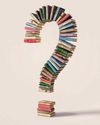
What Is Your Story Question?
Revision and editing advice to take your first draft to the next level.
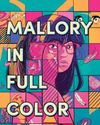
Writing for the People We Hope to Become
Elisa Stone Leahy's new middle-grade novel, Mallory in Full Color, tackles the in-between moments of adolescence, when who we are and who we want to become collide.
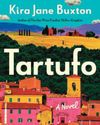
Creating Community
Whether hot off the presses or on the shelves for years, a good book is worth talking about.

Pat Barker
The Booker Prize-winning author of Regeneration shares the role characters play in developing novel ideas and explains what appeals to her about reimagining mythology.

How to Write in Different Genres
Emiko Jean and Yulin Kuang share tips and strategies for how they successfully write in different genres and mediums.
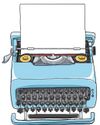
The Shortest Distance Between Two Points
Ten tips for writing a novel with 100-word stories.

Mayfly Marketing
How to sell your novel in a short-attention-span world.
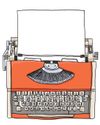
"You'll be a great essay".
How to write six types of personal essays by finding the funny in your life.
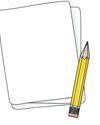
The Idea Factory
Tired of staring at an empty screen? Unlock your inner fiction generator with these surprising inspiration techniques.
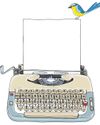
Seinfeld Was Right: That's a Story
Use mundane moments from everyday life to create stories that pack a punch.